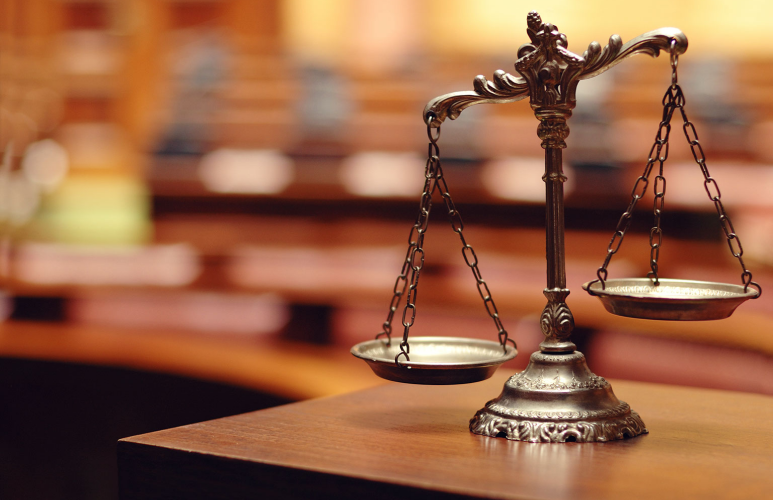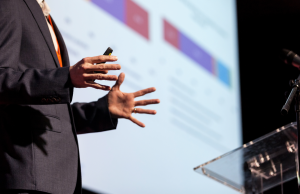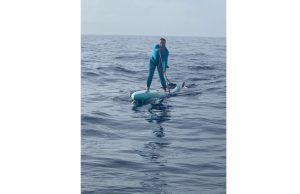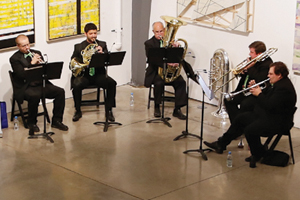Nonprofits from anywhere in the nation that raise money in New York State likely have another six months to file required paperwork with the Department of State (DOS) as they already do with the state Attorney General’s Office. And by the time that deadline rolls around in November, it could be moot, depending on how the U.S. Supreme Court rules in a related case, or if state legislation that nonprofits are backing is passed.
The new filing requirement took effect this past Jan. 1 as part of state budget legislation in 2020. Nonprofits would have to file the documents 4.5 months after the end of their fiscal year, like their federal Form 990. Nonprofit advocates contend that organizations are entitled to a 180-day extension authorized by Executive Law 172-b(5), which was made automatic by the AG in 2015.
In the meantime, the U.S. Supreme Court is expected to rule on a First Amendment case (Americans for Prosperity Foundation (AFPF)/Thomas More Law Center (TMLC) v. Bonta) by the end of June which could have implications on whether states can collect Schedule B of the federal Form 990, even confidentiality.
Advocates also cite potential First Amendment issues in requiring a $25 filing fee for the same documents to be filed with the DOS as already are filed with the Attorney General’s Office. If each of the nearly 88,000 charities registered with the Charities Bureau filed, the $25 fee would generate more than $2 million, siphoning dollars away from nonprofit resources, advocates fear.
Executive Law 172-b requires nonprofits to file all CHAR 500 documents with the Charities Bureau but also with the DOS, if the nonprofit:
- Is registered with the New York Charities Bureau because it solicits charitable contributions in the Empire State;
- Files an annual CHAR 500 report with the Charities Bureau; and,
- Reported total revenue and support of $250,000 or more in the most recently completed tax year, which triggers a requirement for an independent Certified Public Accountant’s Audit Report or Review Report.
The new law also takes aim at some lobbying and advocacy nonprofits, imposing an additional filing requirement on certain 501(c)(3) organizations that make an in-kind donation worth $10,000 or more to certain 501(c)(4) social welfare organizations. The in-kind donations will trigger such a disclosure requirement only if: the recipient is a 501(c)(4) organization that spends $15,000 or more in a 12-month period on lobbying state, county or local governments within the state, and the lobbying expenditures constitute at least 3% of its total revenues.
A 501(c)(4) organization must file a report with DOS if it spends more than $10,000 in a calendar year on one or more written communications, conveyed to 500 or more people, related to New York government officials and governmental actions.
“This is a wholly unnecessary, redundant filing requirement. It is particularly burdensome at a time when nonprofits are trying to streamline operations to save money,” according to the Lawyers Alliance of New York, which has a petition signed by some 400 nonprofits supporting legislation (S4817/A1141) that aims to repeal parts of the law.
The bills are sponsored by Liz Krueger (D-Manhattan), chair of the Finance Committee, in the Senate and Amy Paulin (D-Westchester), chair of the Committee on Corporations, Authorities and Commissions, in the Assembly. The bill could come before the Assembly’s Governmental Operations Committee this week.
The legislation would require the state to keep Schedule B of the federal Form 990 confidential and not disclose donors’ identities under the Freedom of Information Law (FOIL). Schedule B lists major donors of $5,000, or 2% of contributions, to a nonprofit. The bill would clarify the Charities Bureau’s obligation to keep Schedule B confidential and use it only to enforce laws while also repealing the dual reporting requirement. The filing requirement and legislation comes at a time when the U.S. Supreme Court is considering a case involving the California Attorney General’s Office and requirements to confidentiality file Schedule B with charity registrations.
The new filing requirement has its origins in ethics reform legislation signed into law in 2016 but later ruled unconstitutional in 2019 after advocacy groups sued, claiming portions of it violated the First Amendment.












